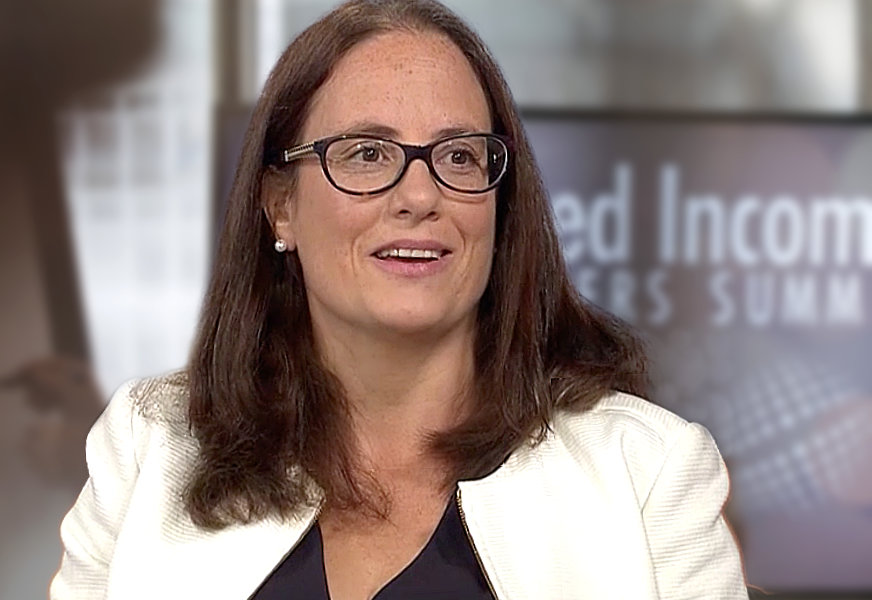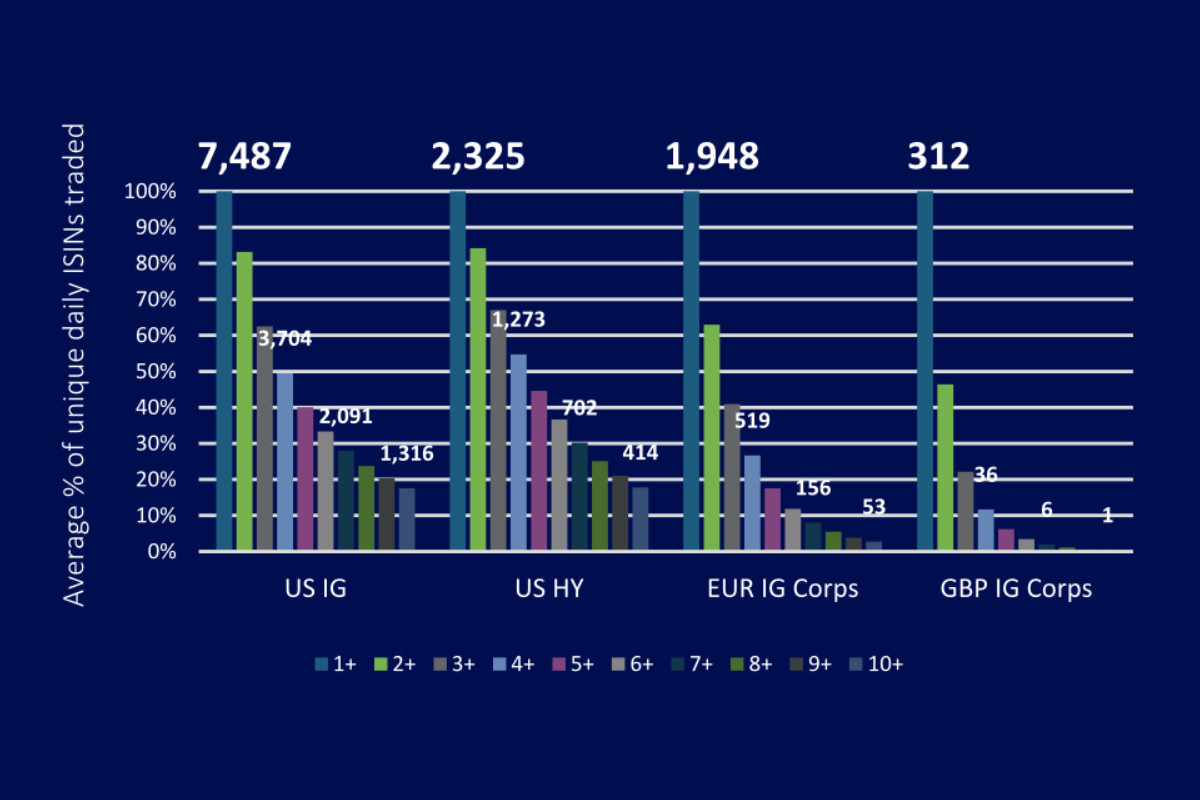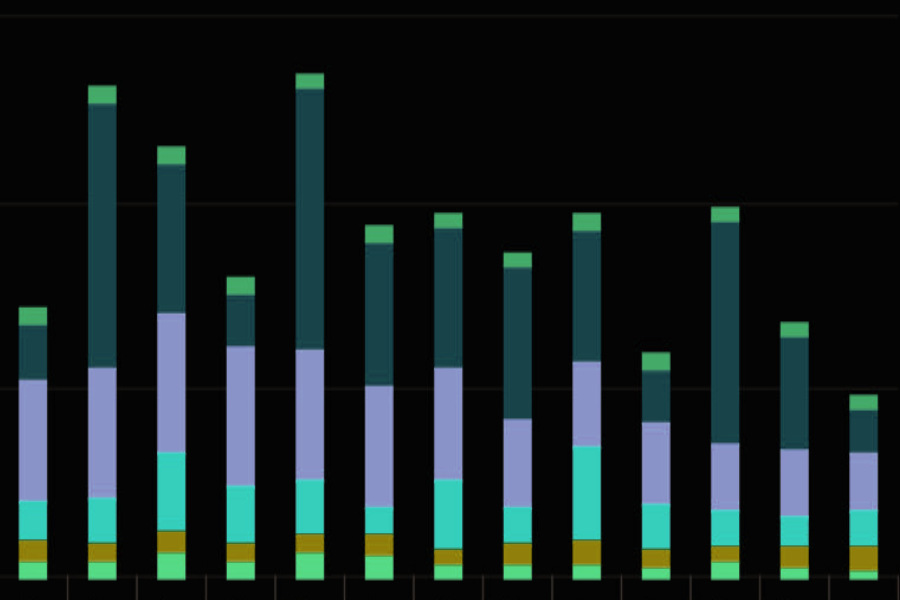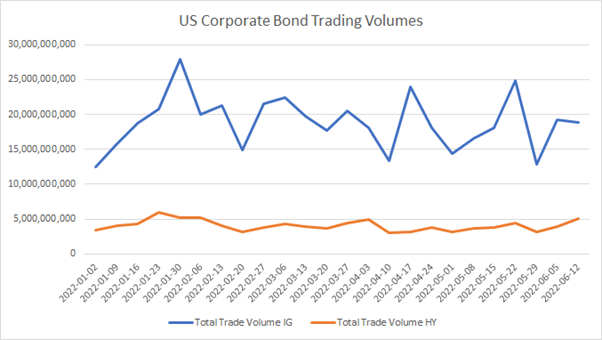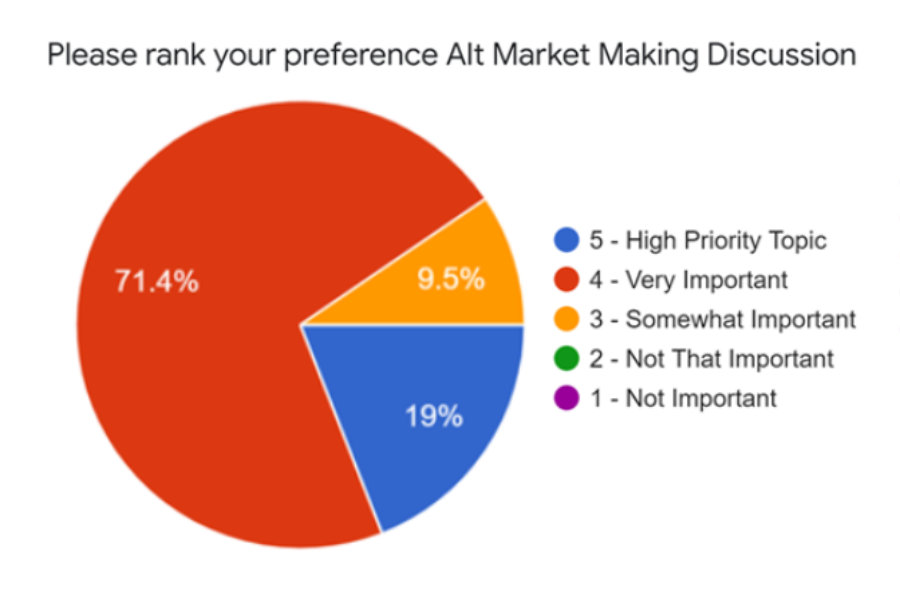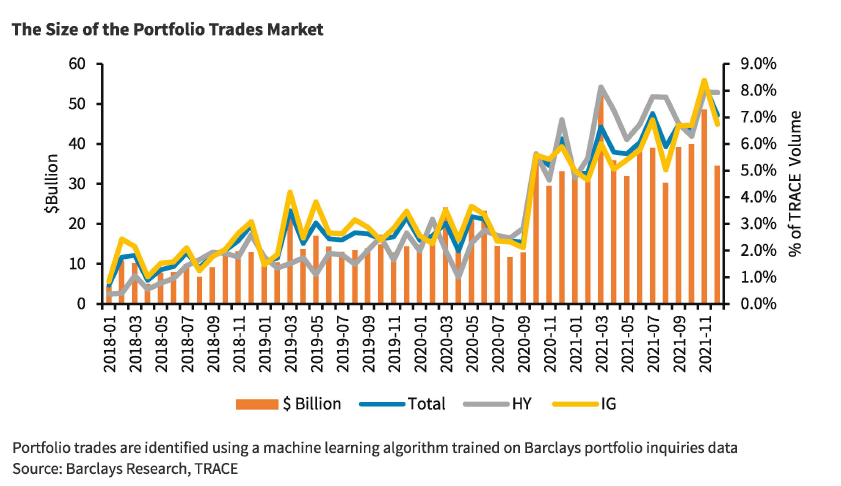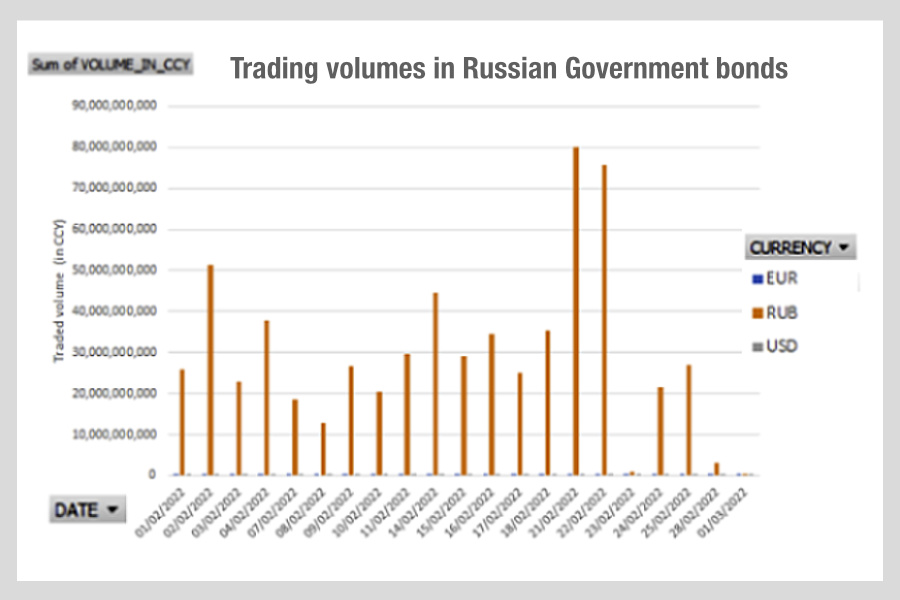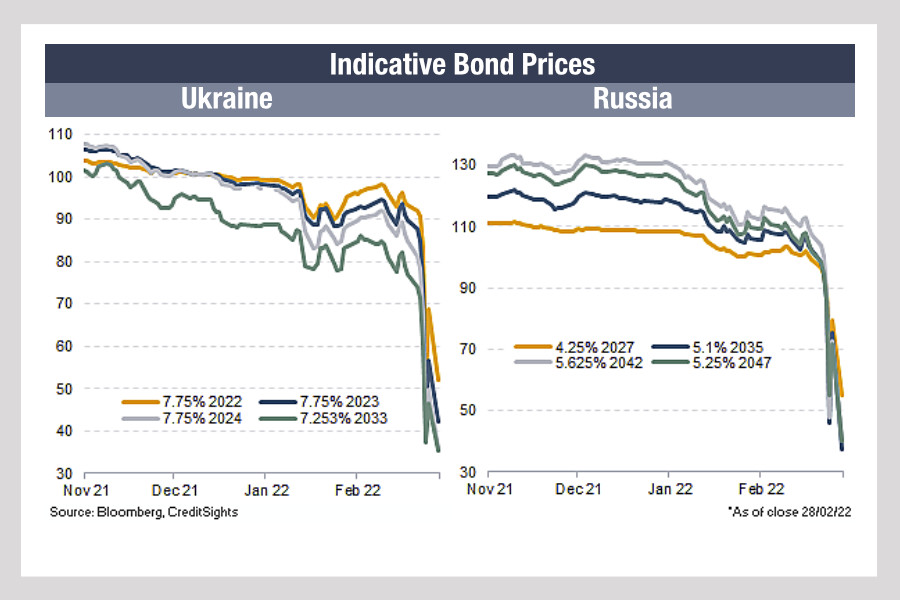 Andy Hill, ICMA. Courtesy: Zute Lightfoot www.lightfootphoto.com
Andy Hill, ICMA. Courtesy: Zute Lightfoot www.lightfootphoto.com
The International Capital Markets Association has reported on March’s sell-off and the impact on the corporate bond market, noting that “by March 18, considered to be the nadir of the ‘liquidity crisis’, some report that the market had become dysfunctional.”
Withdrawal of market making activity by dealers was in many cases a bank policy decision, while some desks were also said to have lacked the experience of heightened market volatility, and “viewed the market turbulence as a threat rather than an opportunity." As one interviewee put it, "who wants to catch a falling knife?”
As such, while some dealers were forced to reduce their risk taking, others chose to under stressed conditions.
It also found that the post-March 18 rebound saw a lack of market-making from some firms as they were “potentially inventory-light, [and so] dealers shied from showing offers, for fear of being ‘caught short’.”
The liquidity for single name credit default swaps (CDSs) got worse while liquidity for CDS indices “remained robust”, with participants reporting that trading €50 or €100 million clips, “at least in the on-the-run five-year iTraxx main and cross-over indices, remained easy, with relatively tight bid-offer spreads.”
Poor liquidity in the single name CDS market, a longstanding concern, became more stretched during the crisis, with wide bid-offer spreads and limited size capacity.
“To some extent this can be seen in the dislocation between index prices and their intrinsic value (i.e. the basis of the index price and the prices of the individual single name components),” report author Andy Hill wrote. “This tends to move positive in sharp widening moves, and negative in the case of rapid flattening.”
One respondent commented that while “€5 or €10 million may not sound like large clips for SN-CDS, this is still significantly better than the sizes being quoted for many corporate bonds.”
Interestingly to hedge specific corporate bond credit risk, it is reported that in some cases participants resorted to selling equities as proxy hedge which provided an imperfect management but potential source of liquidity.
“However, it is also noted that the introduction of short-selling restrictions in some EU jurisdictions unhelpfully closed even this outlet,” noted Hill.
The increase in trade settlement fails was largely attributed to “operational challenges related to transitioning middle- and back-office teams to disaster off-sites and home-working, as well the impact of lockdowns on outsourced settlement teams (such as those based in India), at a time when overall trading volumes were significantly above average.”
Although central bank interventions provided liquidity, “sustained central bank bond purchases result in artificial credit valuations and a mispricing of risk”.
©The DESK 2020
TOP OF PAGE

























